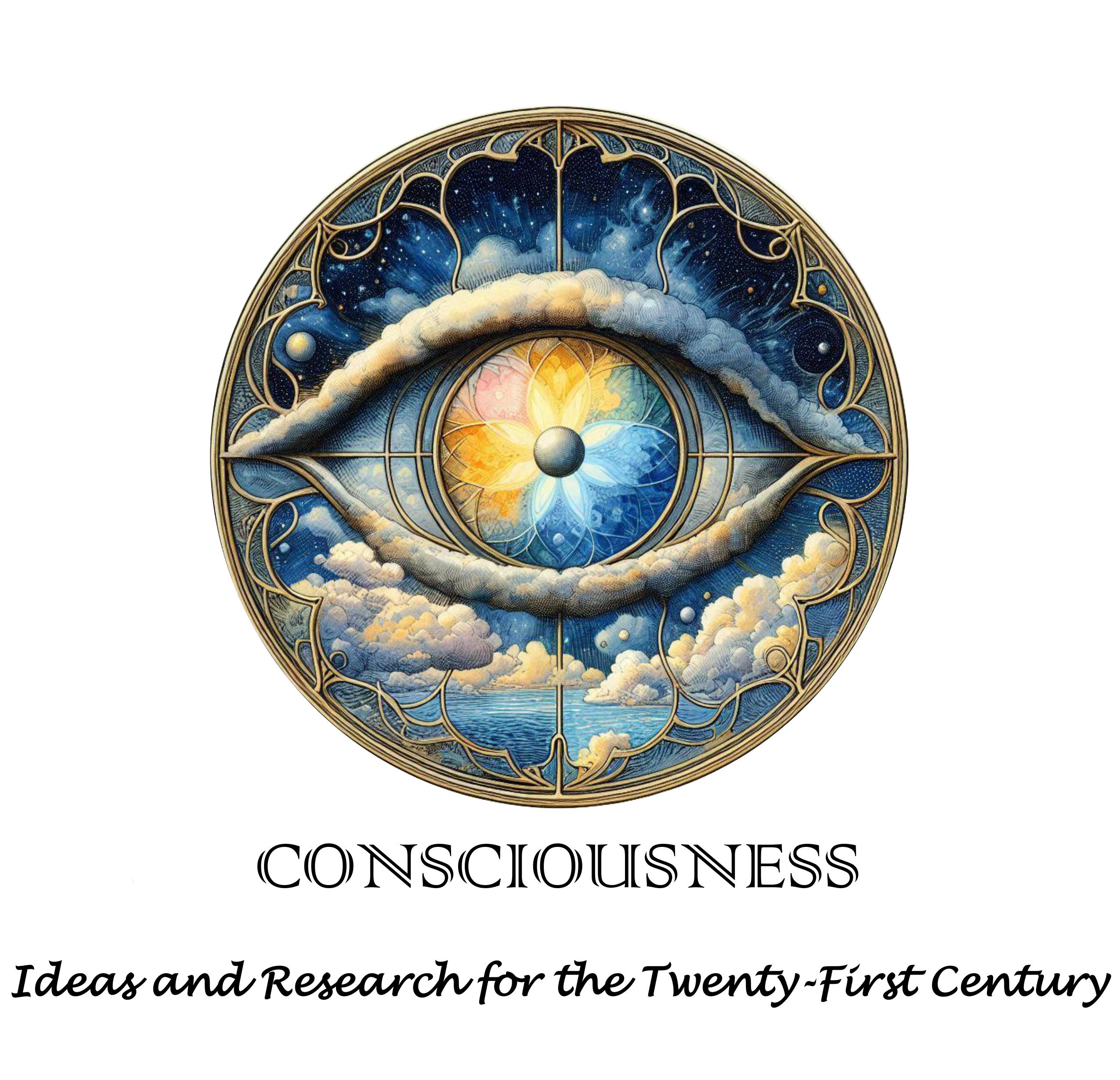
Abstract
In Advaita Vedanta a distinction is made between an experience of oneness and permanent awakening. The author argues that a nondual philosophy such as Advaita - as opposed to a direct experience of oneness – contains significant theoretical difficulties, which in turn are reflected in problems with actualizing nonduality in everyday human life. Alternative spiritual conceptions that might be more helpful in guiding the nondual aspirant in her spiritual life are examined, including the concept of “wholeness.” In the place of a reliance on an exclusive doctrine of nonduality, Jorge Ferrar’s concept of “Participatory Spirituality” and A. H. Almaas’s idea of “Total Being” will be suggested as a possible resolution of some of the difficulties set forth in this paper, both theoretical and practical
Recommended Citation
Gibbons, Tom
(2019)
"Oneness in Everyday Life: Nonduality, Wholeness and Human Life After Awakening,"
CONSCIOUSNESS: Ideas and Research for the Twenty-First Century: Vol. 7:
Iss.
7, Article 3.
Available at:
https://digitalcommons.ciis.edu/conscjournal/vol7/iss7/3
Included in
Clinical Psychology Commons, Cognition and Perception Commons, Cognitive Psychology Commons, Other Life Sciences Commons, Other Neuroscience and Neurobiology Commons, Philosophy Commons, Psychiatry and Psychology Commons, Quantitative, Qualitative, Comparative, and Historical Methodologies Commons, Social Psychology Commons, Social Psychology and Interaction Commons, Sociology of Culture Commons, Sociology of Religion Commons, Transpersonal Psychology Commons


